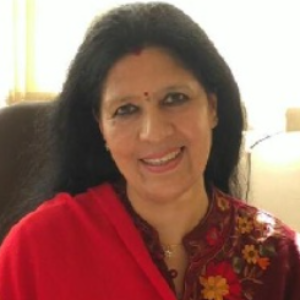Title : Microbial hydrolytic enzymes - Power house of green fuel
Abstract:
The world is facing a reduction of global fossil fuels resources, like petroleum, natural gas, or charcoal, while energy requirements are progressively growing up. Fossil fuels should be replaced, at least partially by biofuels once the current fuel supply is suspected to be unsustainable in the foreseen future. In fact, the search for sustainable alternatives to produce fuel and chemicals from non-fossil feedstocks has attracted considerable interest around the world, to face the needs of energy supply and to response to climate change issues. Alternative resources of energy are being explored in order to reduce oil dependence and increase energy production by exploring non conventional renewable sources. Among them, biomass possesses a potential target for fuel and power production. Thus biomass can efficiently replace petroleum-based fuels for a long term. Apart from direct food chain items, lignocellulosic woody waste is preferred due to its easy availability and abundance in nature.
Lignocellulosic waste consists of three main components: cellulose, hemicellulose and lignin which make about 50% of the total biomass in the world. Enzymatic hydrolysis of lignocellulosic biomass is considered as a key step for generating fermentable hexose and pentose sugars from lignocellulosics which in turn are converted to ethanol as biofuel. These hydrolytic enzymes viz. cellulase, xylanase and laccase are produced by specialized microorganisms- bacteria and fungi.
The conversion of biomass into bioethanol not only will accomplish the demand for energy resources but also have positive effects on the environmental and socioeconomic position of the world.



